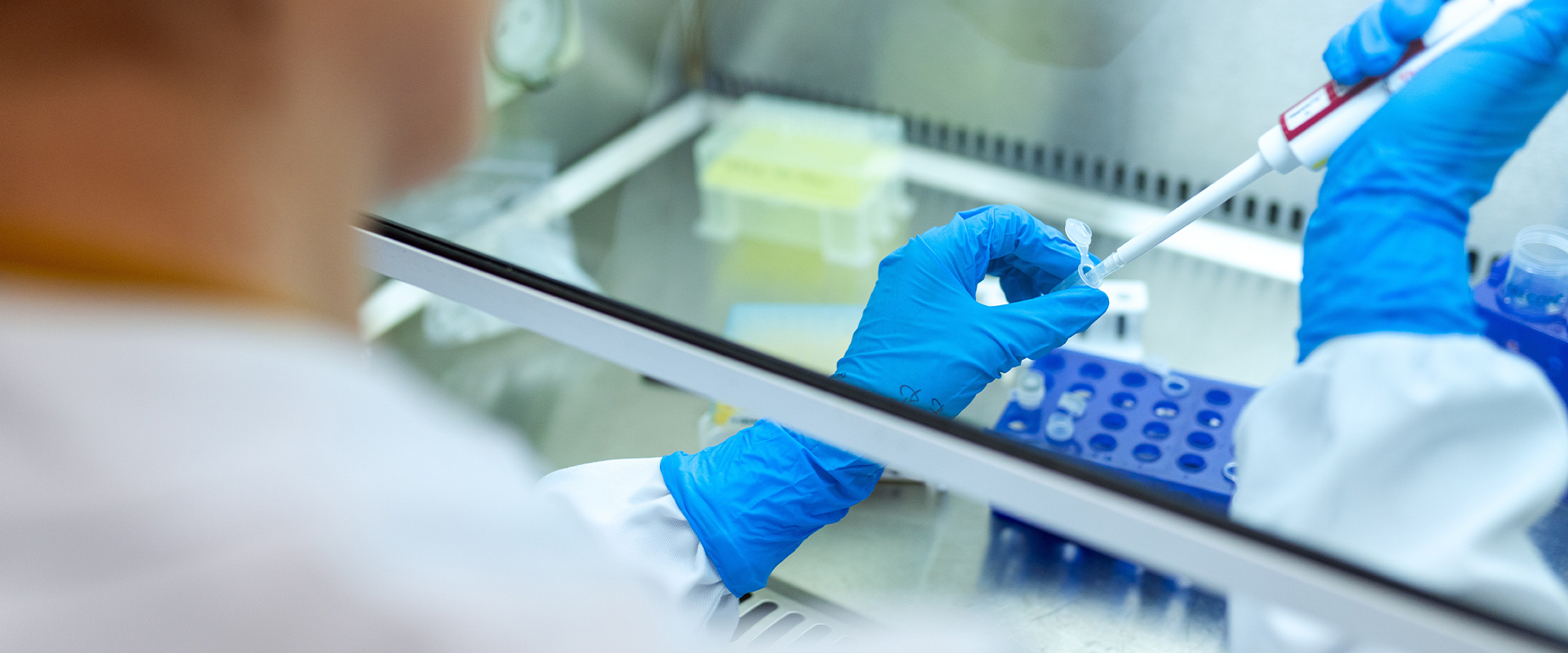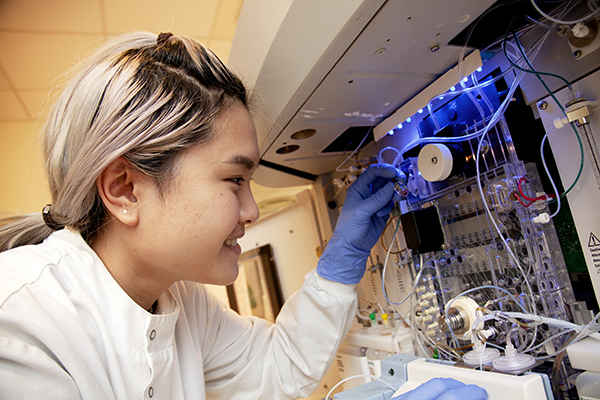


Residents also participate in a yearlong apprenticeship program in which they are paired with a laboratory director so that they can see and be part of large projects from start to finish (new test validation, new instrument implementation, etc.).

They spend at least two months in molecular diagnostics/molecular pathology and one month in cytogenetics to ensure that they have a strong working knowledge of the largest growth area in Clinical Pathology. Residents have the opportunity to rotate through all of laboratories. The Clinical Pathology division within our department is home to the CP component of our Resident Education Program. Approximately 950 employees staff the laboratories, which have an annual testing volume of approximately 12 million reportable cases per year. NGS in the Molecular Diagnostics laboratory for acquired and inherited mutation detection MALDI-TOF mass spectrometry in the microbiology laboratory for rapid micro-organism identification and a variety of mass spectrometry approaches for metabolite identification in the Biochemical Genetics Laboratory).Īll practices of Clinical Pathology are represented within our laboratories and nearly all clinical laboratories within our health system are under this oversight umbrella. These laboratories employ state of the art technologies to provide the best clinical care for our Duke patients (eg. Laboratories services include, but are not limited to, clinical chemistry, hematology, urinalysis, coagulation, microbiology, molecular pathology, cytogenetics, biochemical genetics, point of care testing, and transfusion services. Our laboratories consist of approximately 60 individual work centers including labs at Duke University Hospital (DUH), Duke Regional Hospital (DRH), and Duke Raleigh Hospital (DRAH).

In this role, we (1) oversee clinical testing and reporting to ensure the highest quality clinical services (2) develop quality management systems and proficiency-testing programs, (3) provide consultation with ordering physicians, (4) ensure educational programs for our staff, and (5) develop strategic plans that are in line with the needs of our patient population, physicians and health system leadership. The Department of Pathology has operational and medical oversight and sets direction for our DUHS Clinical Laboratories. Research & Core Facilities toggle sub nav items.


 0 kommentar(er)
0 kommentar(er)
